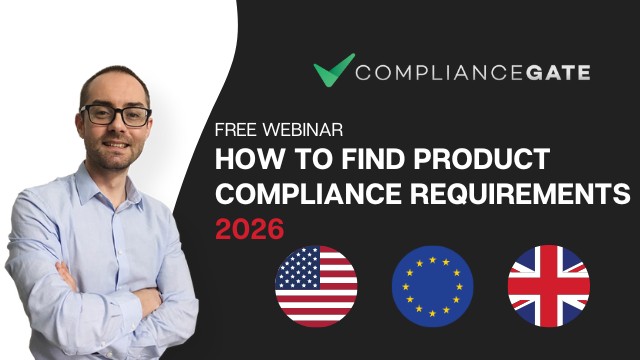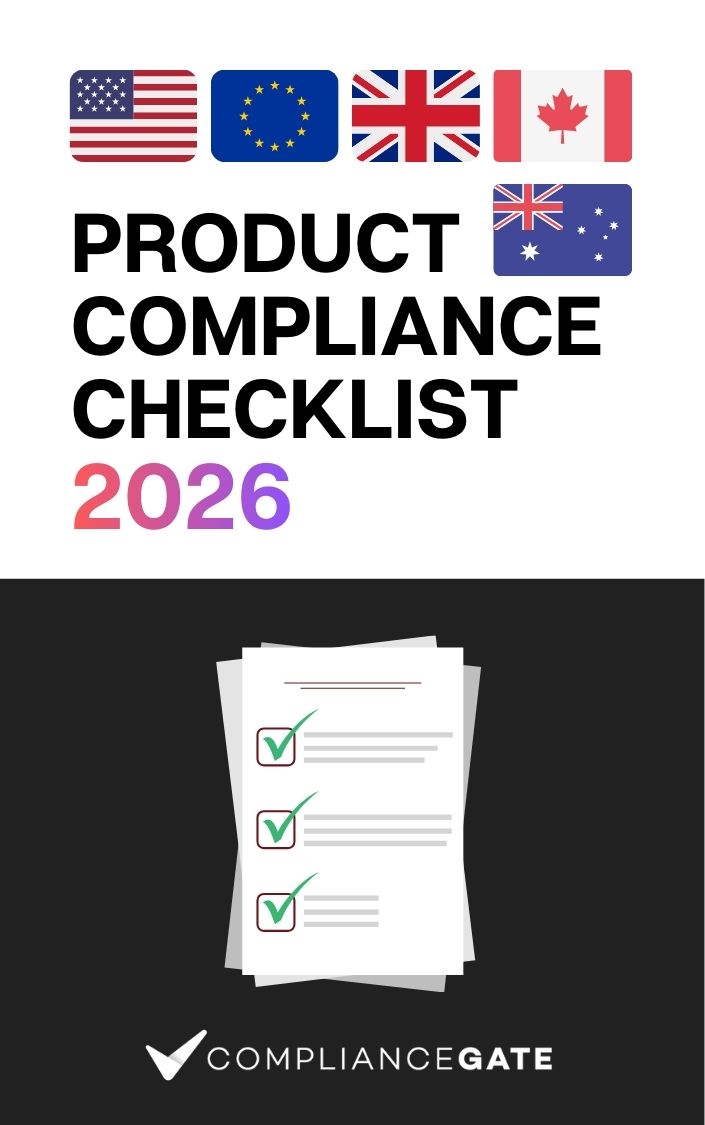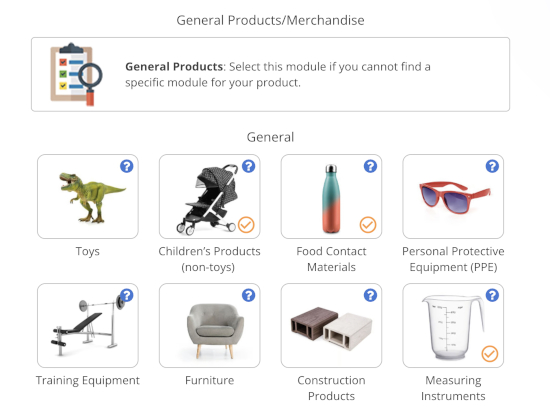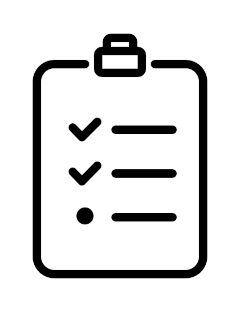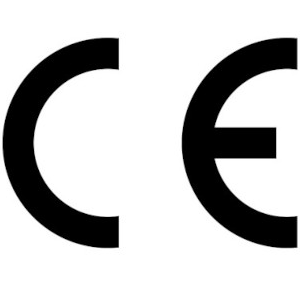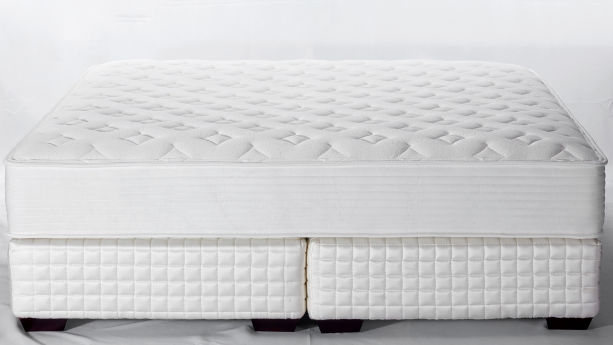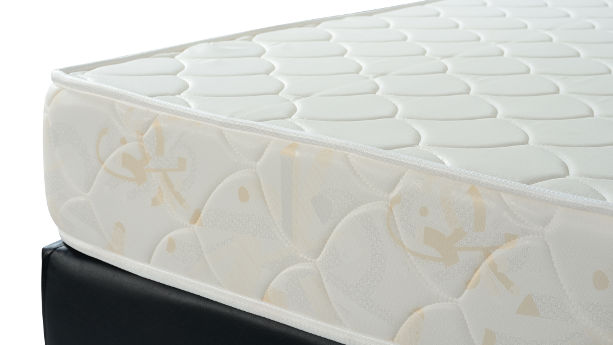Toys and other children’s products are subject to small parts restrictions in the United States. The specific small parts requirements depend on the product type and age group but can range from bans to mandatory warning labeling.
In this guide, we explain what manufacturers and importers must know about rules concerning small parts in the US, with a focus on 16 CFR Part 1500, 16 CFR Part 1501, CPSIA, and ASTM F963.
More specifically, the guide covers small parts definitions, age group-specific requirements, warning labels, and more.
Continue reading Small Parts Regulations and Warnings in the United States: An Overview

